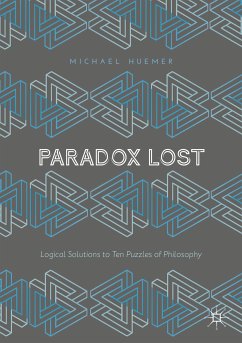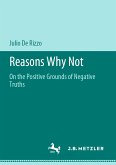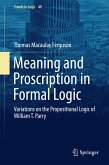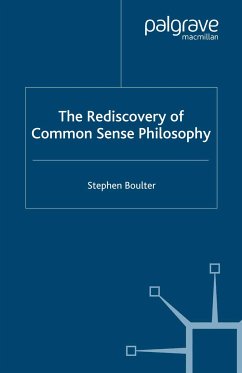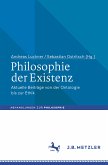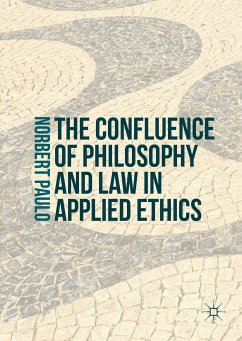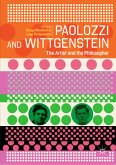Paradox Lost covers ten of philosophy's most fascinating paradoxes, in which seemingly compelling reasoning leads to absurd conclusions. The following paradoxes are included:
- The Liar Paradox, in which a sentence says of itself that it is false. Is the sentence true or false?
- The Sorites Paradox, in which we imagine removing grains of sand one at a time from a heap of sand. Is there a particular grain whose removal converts the heap to a non-heap?
- The Puzzle of the Self-Torturer, in which a series of seemingly rational choices has us accepting a life of excruciating pain, in exchange for millions of dollars.
- Newcomb's Problem, in which we seemingly maximize our expected profit by taking an unknown sum of money, rather than taking the same sum plus $1000.
- The Surprise Quiz Paradox, in which a professor finds that it is impossible to give a surprise quiz on any particular day of the week . . . butalso that if this is so, then a surprise quiz can be given on any day.
- The Two Envelope Paradox, in which we are asked to choose between two indistinguishable envelopes, and it is seemingly shown that each envelope is preferable to the other.
- The Ravens Paradox, in which observing a purple shoe provides evidence that all ravens are black.
- The Shooting Room Paradox, in which a deadly game kills 90% of all who play, yet each individual's survival turns on the flip of a fair coin.
Each paradox is clearly described, common mistakes are explored, and a clear, logical solution offered. Paradox Lost will appeal to professional philosophers, students of philosophy, and all who love intellectual puzzles.
Dieser Download kann aus rechtlichen Gründen nur mit Rechnungsadresse in A, B, BG, CY, CZ, D, DK, EW, E, FIN, F, GR, HR, H, IRL, I, LT, L, LR, M, NL, PL, P, R, S, SLO, SK ausgeliefert werden.

